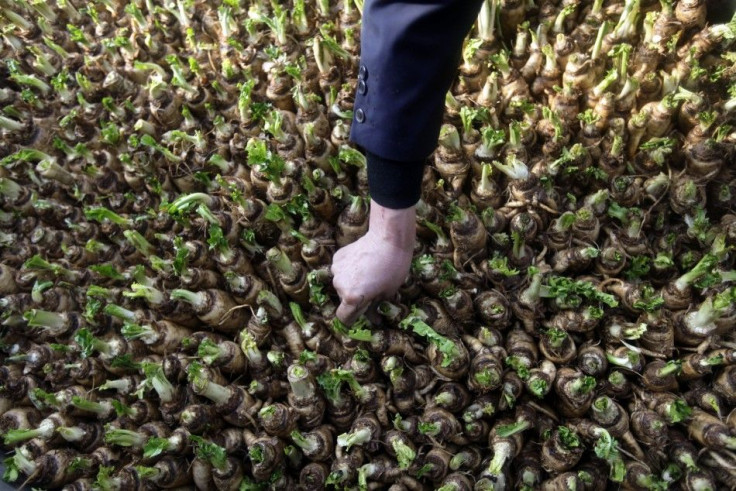China’s inflation rose in Jan., but stays below 28-month high hit last year

China’s consumer inflation rose less than expected in January, as food prices continued to rise.
The consumer price index (CPI) in the world’s second largest economy increased to 4.9 percent in January year-on-year, the National Bureau of Statistics (NBS) said on Tuesday.
Analysts had expected the China’s CPI to exceed 5 percent in January as a result of rise in consumption during Lunar New Year holiday and the severe drought in northern region of the country.
The extremely cold weather and the Spring Festival holiday spending pushed prices up 1 percent from a month ago, NBS said.
However, the inflation rate stood 0.2 percent below the 28-month reached in November last year.
Food prices surged 10.3 percent in January on annual basis, with prices of grain witnessing an increase of 15.1 percent. While fruit prices increased sharply by 34.8 percent, vegetable price advanced 2 percent.
World food prices rose for a seventeenth straight month in January, reaching the highest levels since 1990, according to the Food and Agriculture Organisation (FAO).
The NBS also said that it had decreased the weighting of food prices on the CPI by 2.21 percentage points, while increasing the living costs by 4.22 percentage points following a surge in the nation's home prices.
New loans by state-owned banks in China totaled 1.2 trillion yuan ($182.3 billion) by January 24, more than double the amount lent in December 2010, the China Business News reported.
Alarmed by the credit growth in January, some Chinese banks increased interest rates on loans by 10-45 percent, the Chinese Securities Journal reported.
To contain the credit growth, the Chinese government allowed the banks to lend between 7.2 trillion yuan and 7.5 trillion this year.
The People’s Bank of China (PBOC) increased reserve rates for banks seven times in the past 12 months and hiked interest rates thrice since October.
Chinese inflation is expected to peak in the first quarter of the year as a result of rising commodity prices and salaries, according to the Chinese Academy of Sciences.
© Copyright IBTimes 2025. All rights reserved.





















